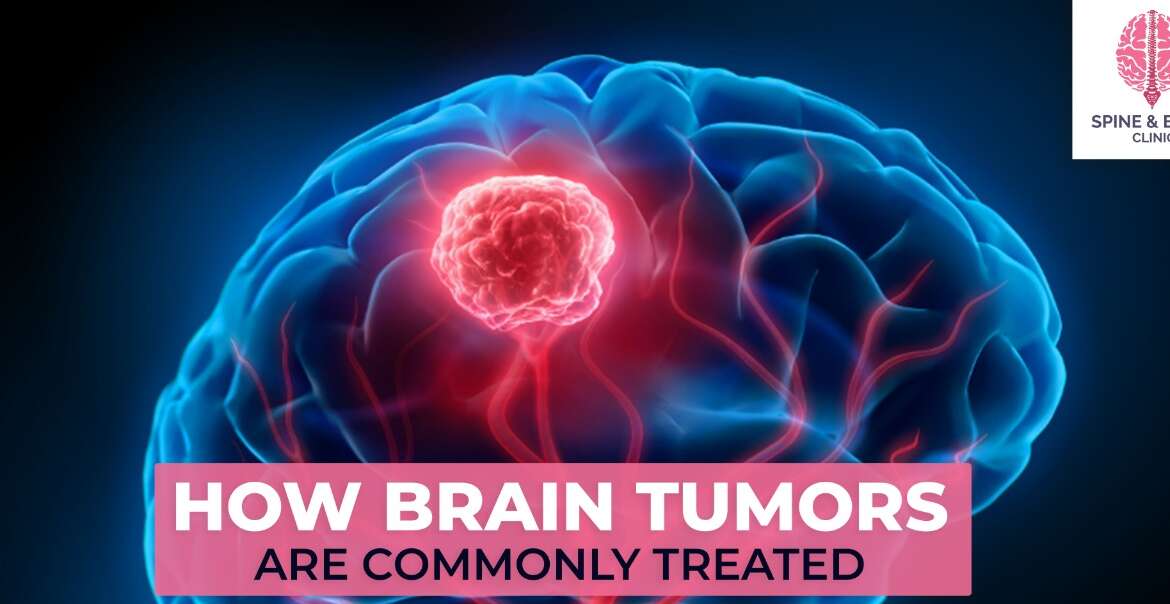Brain tumours are unpleasant, and when they are diagnosed, people frequently experience fear. However, there are numerous ways to cure and combat tumours thanks to advances in modern science, making it possible to regain your health. Brain surgeons are most frequently used to treat brain tumours. In some circumstances, a neurologist’s assistance might also be used.
In terms of the work a brain surgeon performs, a craniotomy is frequently a component of the therapeutic strategy. Additionally, chemotherapy or radiation treatment might be advised. To find out more about what might be involved, keep reading.
Options for treating brain tumours
A few options for how a brain surgeon might decide to treat cancer are listed below. When researching what to anticipate, it may be good to study this material.
1. Surgery
Surgery is typically advised for brain tumours that are mild to severe. Craniotomies are most frequently performed by brain surgeons. A tiny incision is created in the skull during this treatment to allow access to the brain. The brain surgeon will carefully remove the tumour as best they can once they have gained access to it.
In fact, sometimes it is impossible to completely remove the tumour without causing harm to the surrounding brain tissue or tissues. In this situation, it might be necessary to try another operation or a different kind of therapy. For example, chemotherapy or radiation therapy may be required.
2. Radiation
Radiation therapy is an additional option for treating a brain tumour and is sometimes used in the case of low-level tumours or as a follow-up to surgery. Any cancer cells already present are destroyed using strong radiation. Additionally, radiation stops the growth and spread of any cancer cells that may be present.
Brain surgeons frequently advise radiation to clear the area of any leftover material following a craniotomy. Radiation can be applied externally using a machine or by applying radioactive metal to the tumour or close to it.
3. Chemotherapy
Cycles of this therapeutic approach are used. Chemotherapy is frequently advised by brain surgeons for low-level malignancies. A cancer-fighting medication will be infused intravenously into the patient during a chemotherapy session. Other times, the term “chemotherapy” for brain tumours may simply refer to taking oral medicine. A recovery period is usually necessary following a chemotherapy round because it can be taxing on the body.

